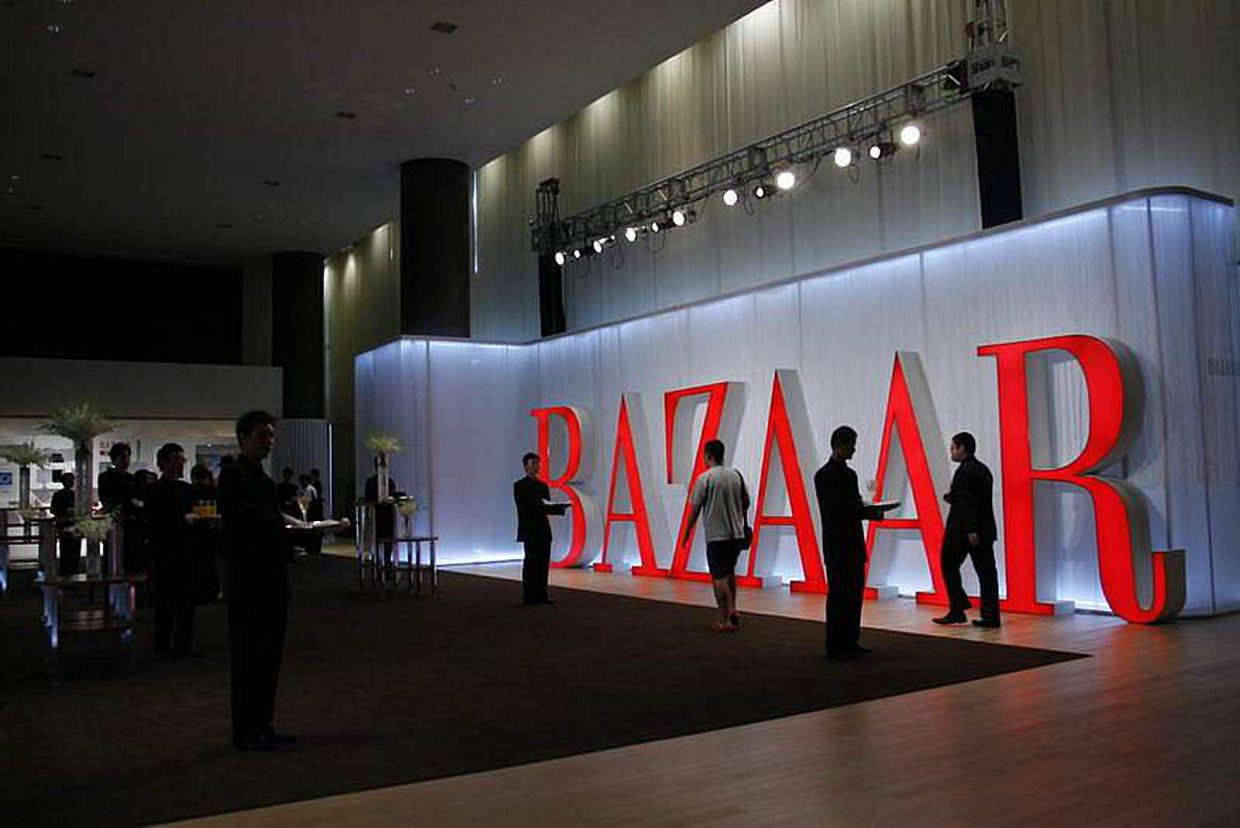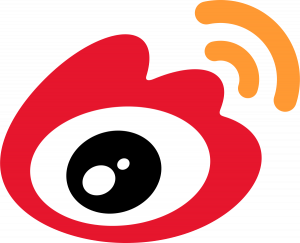In the latest instance in a series of crackdowns on the media, China’s internet regulators have called for the closing of 60 social media accounts.

Image via VCG
The country’s biggest internet companies, including Baidu, Tencent, Youku and NetEase were ordered to shut down accounts that offered celebrity news and gossip.
As a result of a meeting on June 7 with the Beijing Cyberspace Administration, WeChat has taken down 25 public accounts, including those of several fashion magazines such as the Hearst-owned Harper’s Bazaar and its Chinese domestic counterpart Southern Metropolis Entertainment.
In the latest instance in a series of crackdowns on the media, China’s internet regulators have called for the closing of 60 social media accounts. The country’s biggest internet companies, including Baidu, Tencent, Youku and NetEase were ordered to shut down accounts that offered celebrity news and gossip.
On WeChat, followers of those disabled accounts have found that they can no longer access previous posts. When clicking on any article in the ‘View History’ section of an individual follower’s account (which archives older stories), followers are directed to a page that reads, “This account has been shut down due to its failure to follow internet regulations.”
Along with the internationally renowned fashion magazine Harper’s Bazaar, 24 other accounts on the super popular social media site WeChat were disabled. The magazine quickly responded by opening a new public account named “Bazaar Entertainment’s New Account.”
When they follow Harper’s Bazaar’s new account, WeChat users will see a message that says:
Thank you all for your long time support of Bazaar Entertainment. Due to reasons beyond our control, the public account will go through a transformation in the near future. We are sorry for any inconvenience this might have caused, and thank you for your understanding and support!
On Weibo, oddly, Harper Bazaar’s account continues to be live even though the two platforms have pushed out highly similar content in the past. On that platform, the fashion magazine mostly focuses on reporting celebrity collaborations with fashion and luxury brands as well as their attendance at exclusive events like the Cannes Film Festival and the Met Gala.
The different handling of the account on the two platforms could be related to their openness. Accounts on WeChat, which is primarily a messaging service, are less public than others like Weibo. On Weibo you can see posts of just about anyone else and forward them to others. On WeChat, however, you have to be a subscriber to a public account to view its posts.
The action taken by the Cyberspace Administration has received mixed reviews from Chinese WeChat users. Some supporters praise the crackdown saying that “paparazzi accounts” reflect the most depraved element of society and show no respect for people’s basic rights.
Followers of the closed accounts, however, were angry and voiced concern for what the crackdown on independent media means for freedom of expression in China. “Why are you shutting down this one?” one WeChat user, “Detective Wang,” wrote about a film account in the comment section of an article that lists all of the shuttered sites. “Is no alternative voice allowed anymore? “
— This article originally appeared on Jing Daily.






